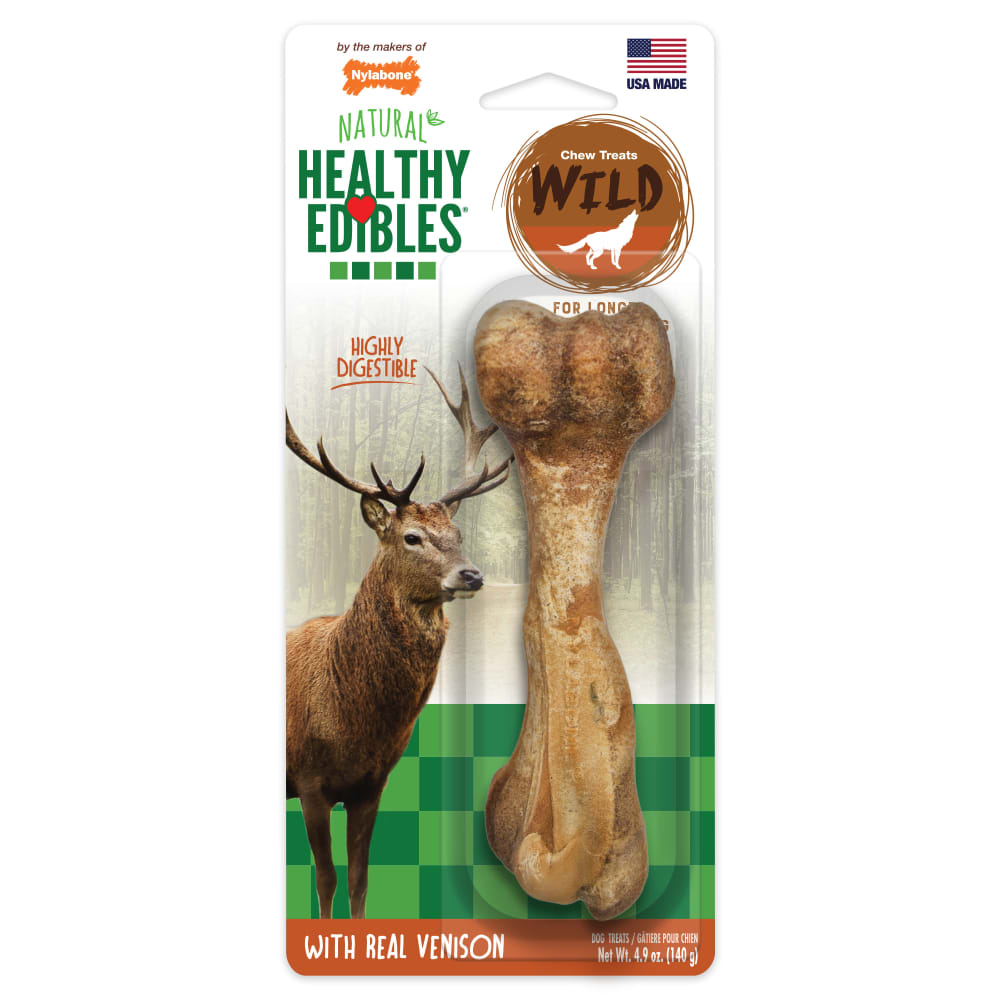Does Your Dog Have Food Allergies?
It seems that allergies are becoming more and more common in dogs, and foods are one of the main triggers. With so many types of foods and treats out there, you have to read the labels to understand exactly what you're feeding your furry friend.
Allergies
Today, an increasing number of puppies are diagnosed with allergies. Genetics can play a role; if your puppy's parents had allergies, he may be likely to have them too. Certain breeds also seem to be more prone to allergies than others. An allergy is a reaction caused by exposure to a trigger, called an "antigen." There are three main triggers of dog allergies: 1. fleas and other biting insects 2. inhaled antigens, such as dust mites, pollen, grasses, and molds 3. foods and drugs
Reading Food Labels
Dog food is a controversial subject. Those who favor certain diets or brands are sometimes critical of those who choose another. With so many types of foods and diets, so many brands, and so many competing sales pitches, how do you know what's best for your puppy? Learn how to read food labels so that you can understand exactly what you're feeding him. Start with the list of ingredients. The law requires pet food manufacturers to list ingredients by weight. This means that if an item is listed first, there is more of that item in the food than the other items listed farther down the list. You want high-quality, easily digestible foods listed at the top. Be wary of manufacturers that split up an ingredient into several different smaller ingredients. For example, let's say at the top of the list you see "chicken, ground corn, corn gluten, corn bran." Three of those ingredients are corn. Put together, they may outweigh the top ingredient: chicken.
There is also a difference if the manufacturer uses human-grade ingredients. A cheaper brand of dog food may have a deceptively good ingredient list, but if the food is not human grade, then there is less quality going into your puppy.
Common Allergy-Causing Foods
These common dog food ingredients may cause problems in sensitive or allergic dogs:
The good news is that there are many new products on the market that address allergy issues, but before you spend a lot of money on new foods and treats, talk to your veterinarian about your dog's nutritional needs. Consider eliminating one food ingredient at a time, and do your homework!
FOLLOW US!





